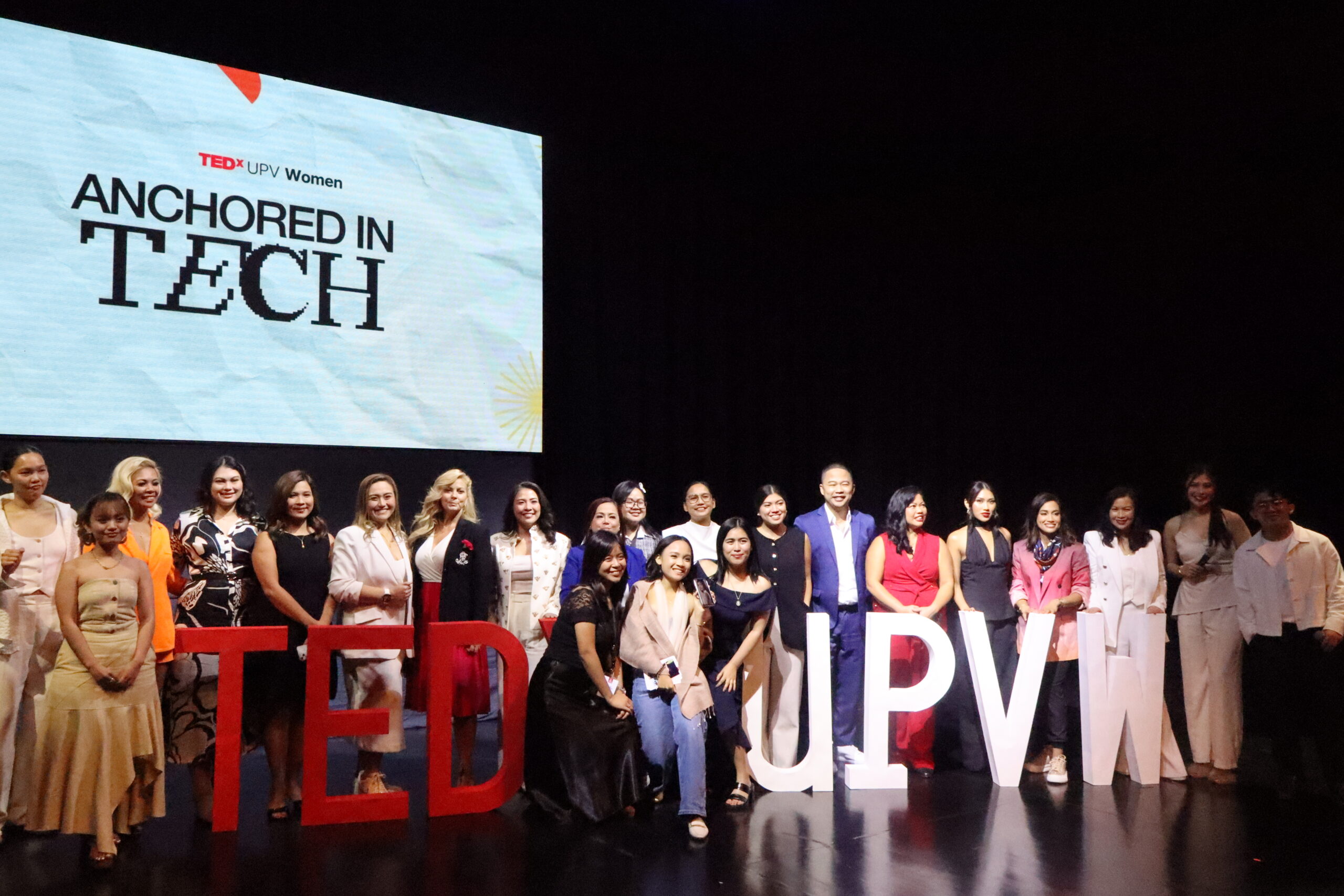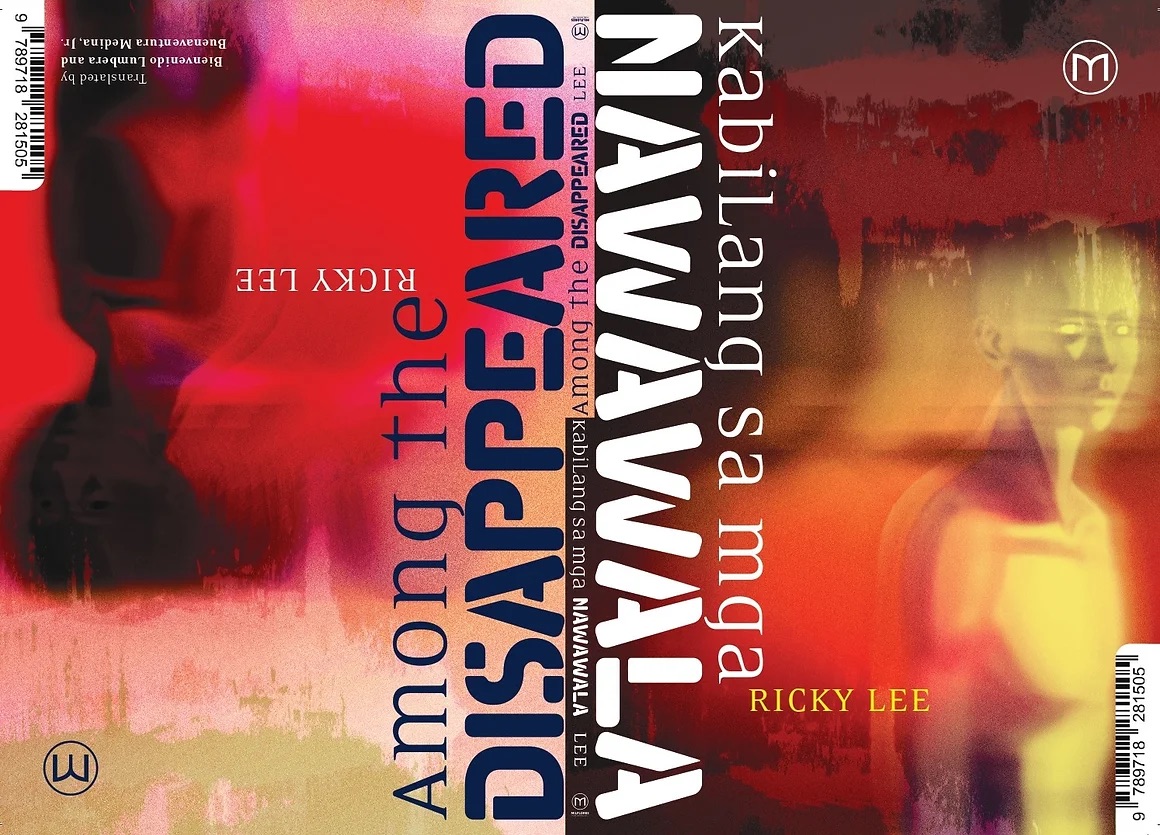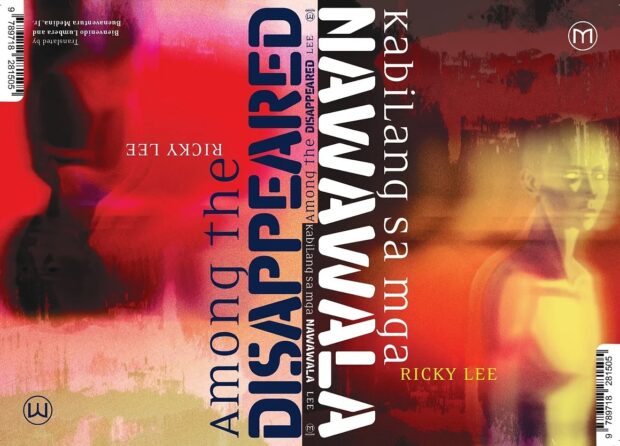Amid the many mishaps that have happened prior to the opening weekend of the Southeast Asian Games, many may have missed one that Davao City Mayor Sara Duterte herself pointed out.
On Nov. 30, Saturday, as the Philippine delegation—clad in Francis Libiran-designed barongs—entered the stage right with Miss Universe 2015 Pia Wurtzbach, “Manila” by OPM group Hotdog blasted on.
[READ: LOOK: OPM icons Rene Garcia, Rico J. Puno, and Pepe Smith featured on special-edition stamps]
Sara was quick to question this choice on Instagram where she uploaded a photo of herself on an overseas trip to Japan last October to prove her points, starting with “’Di po ba Philippine flag ang dala? Why would you play the song ‘Manila’? Did Lapu-Lapu die for Manila?”
https://www.instagram.com/p/B5gxwtaliCK/
Never mind that the 1,115 athletes and 753 coaches and officials came from different provinces around the country. This song choice, whether conscious or not, run the risk of alienating athletes who did not hail from the capital, and worse, reinforces the idea of an imperial Manila. As Sara pointed out, there are many other upbeat OPM songs, including “Budots.” Don’t get us started on music elitism.
“Manila,” which was released by Hotdog in 1976, was lauded as a good entrance song by many because of its upbeat tempo that made even Sara’s father dance.
Dennis Garcia, Hotdog’s bassist and vocalist Rene Garcia’s brother, took to Facebook to explain their side. “Rene and I created Manila not thinking of ourselves as Tagalogs, Bisayans, or Ilokanos but as Filipinos missing the Philippines.” Dennis, in a comment, also justified SEA Games director Floy Quinto’s choice, saying that in the olden days, during their teens, airplanes only landed in Manila.
[READ: 4 fast facts to remember late musician Rene Garcia of Hotdog]
To be fair, we’re not saying that the song and the use of it is inherently bad. It’s catchy, and it’s a Manila Sound classic for a reason. As Dennis points out, it captures the sentiment of Filipinos living abroad—and there’s something powerful about saying, “I keep coming back to Manila” within the context of mass migration, and juxtaposing the landmarks of world capitals with the traffic of the city, and saying you miss the latter more.
While Dennis Garcia, in the song, is entitled to say that he is merely a Filipino missing the Philippines, it betrays a privileging of the Manila experience. That “me missing Manila” is the same as other Filipinos missing their homes, which is not really the case.
Props to you though, Mr. Garcia for suggesting they play “Bongga Ka Day,” at the closing ceremony.
The problem here is making Manila universal, the idea that all Filipinos can, and should, identify with the lives of the Manileños (heck, the prevailing genre of the ’70s was called Manila Sound), which is not the case. It’s an extension of the way our media, being centralized within the metro, probably unwittingly privileges the lives of a person in Manila. When was the last time you ever saw a movie or TV show that was set elsewhere that didn’t make a big deal of it being set there? Or feature an outsider protagonist using the location to find themselves?
Let’s not forget that perhaps more than his Punisher-style politics, Sara’s father was elected because he answered to the needs of the people from the provinces for a new brand of politics, one that doesn’t revolve around the needs and whims of the Manileños.
The optics of starting with cultural dances that leads to the song isn’t that good either. It weaves a story of the Philippines that starts with “the natives,” people in bahag and ends with the “civilized” Manila clad in pristine white barong and made way for as heroes.
Filipino culture takes spotlight as 2019 SEA Games officially opens. #SEAGames #SEAGames2019xInquirer pic.twitter.com/U8Xgl3j3I4
— INQUIRER Sports (@INQUIRERSports) November 30, 2019
By “We Win As One,” did the organizers mean to say that there is only Manila? That the delegation only represents the capital? Likely not. Unity, as this slogan peddles, means inclusion that transcends mere acceptance into a group. It’s valuing their history, their origin, their culture. It’s giving them a voice, not just to sing along, but to sing their own anthems, of songs that remind them of their own home. It’s not about erasing their unique identity to give way for one that is supposed to represent all of them under the guise of oneness.
We’ve never imagined ever echoing a sentiment from her, but Sara was right when she said, “We should be inclusive when we want to encourage our countrymen to cheer.”
Header photo courtesy of Inquirer.net
Get more stories like this by subscribing to our weekly newsletter here.
Read more:
The 2019 #SEAGamesFail is an accurate depiction of Filipino hospitality
The Aeta displacement was the first red flag to all of this #SEAGamesfail














































